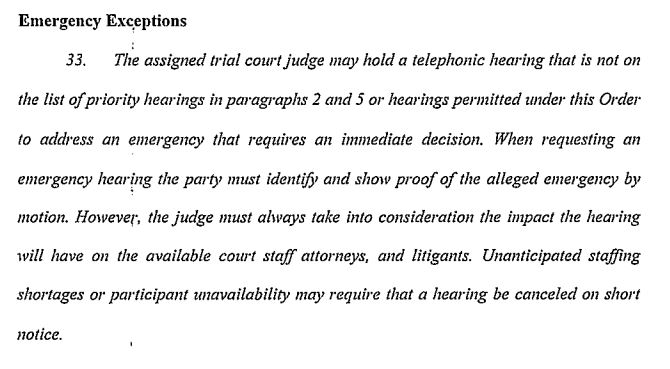It came to the surprise of few that follow Alaska politics when a lawsuit was filed yesterday challenging how the $1.25 billion of federal COVID money was appropriated. The Legislative Budget and Audit (LB&A) Committee approved Governor Mike Dunleavy’s (R – Alaska) request for authorization at a Monday meeting in Anchorage. The Committee voted 7-3 to overrule the chair, Representative Chris Tuck (D – Anchorage), who objected to a majority of the requests. Based on legal advice from legislative lawyers, he felt approving the authorizations was unconstitutional and would likely result in a lawsuit. He was right. It only took two days.
The lawsuit was brought by Juneau resident Eric Forrer. He is represented by Juneau attorney Joe Geldhof. Oddly enough Forrer and Geldhof also brought a lawsuit challenging a bill that used bonding to pay off owed oil tax credits. Former Governor Bill Walker had vetoed the majority of payments for years. He worked with the legislature to pass the bonding bill so the companies could get paid what they were owed. That lawsuit was filed two years ago to the day, May 14, 2018. It is at the Alaska Supreme Court and still unresolved. Think about that.
Dunleavy had submitted the request to LB&A three weeks prior. At that time many legislators questioned the constitutionality for LB&A to authorize the money. The process, known as Revised Program Legislative (RPL) allows LB&A to approve money that the governor requests in certain circumstances. Because some of the requests were for items not in the current budget, legislative lawyers argued that the Committee approving the request would not be constitutional. In fact, an April 30 legal memo from Legislative Legal Services spelled out the legal issues.
All of this could have been avoided if the legislature would have gone to Juneau and passed a bill authorizing the appropriation. They are still in session, just at an extended recess. While some legislators had been calling for the legislature to return to Juneau to do their job, legislative leadership refused to go back. They were silent about why. The main reason was they wanted to avoid another dividend fight. All Dunleavy could do was request authorization for the money. It’s up to the legislature to decide how.
The current session will end on May 21, the 121 day constitutional limit. At this point there are four options:
- The legislature could go back before May 21. This would likely be Monday May 18. They would have a few days to either pass an appropriation bill, ratifying what LB&A did or pass a standard bill ratifying it. There is a question if it technically takes an appropriation bill or if a standard bill would be sufficient. Odds are if the House and Senate both passed a bill ratifying what LB&A did, the courts would be satisfied. In this scenario the dividend issue would likely come up. The Senate Majority does not want to deal with this. So this is probably an unlikely option.
- They could let the session end and then call themselves into a special session. The advantage of this option is that they can set the agenda. However, they would need 2/3 of the legislature (41 votes) to agree to a special session. To get the votes for that would likely require having the dividend on the agenda.
- Governor Dunleavy could call a special session. He would likely include the dividend on the agenda.
- Nothing could happen and the lawsuit could play out.
There are many things to consider. Will Forrer and Geldhof motion for an injunction? This could result in the money being held up. Will the judge consider this an emergency and agree to expedite this? Currently civil cases are being done by phone until May 31 due to COVID-19. The Alaska Court System issued an order spelling out how the courts would operate during the pandemic. There is a section that allows a judge to decide if a non-priority hearing, which this lawsuit is considered, is an emergency.

Under any of the scenarios of returning to Juneau, the dividend issue will likely be brought up. Dunleavy did veto a billion transfer from the Earnings Reserve to the principal of the Permanent Fund. They could pass an additional $1,000 stimulus dividend, which would cost around $700 million. Or they could just deal with the federal COVID money. By refusing to go back and do nothing, everyone loses.
The bottom line is unless the legislature acts, either on their own or by force of the governor, it will all be in the hands of one judge to decide how fast this gets resolved. The sad part is this is not unexpected, everyone saw it coming. The legislature should have dealt with this weeks ago. As Senator Bill Wielechowski (D – Anchorage) recently stated in a Facebook post, “I don’t understand why people run for office who don’t want to do the job.”





